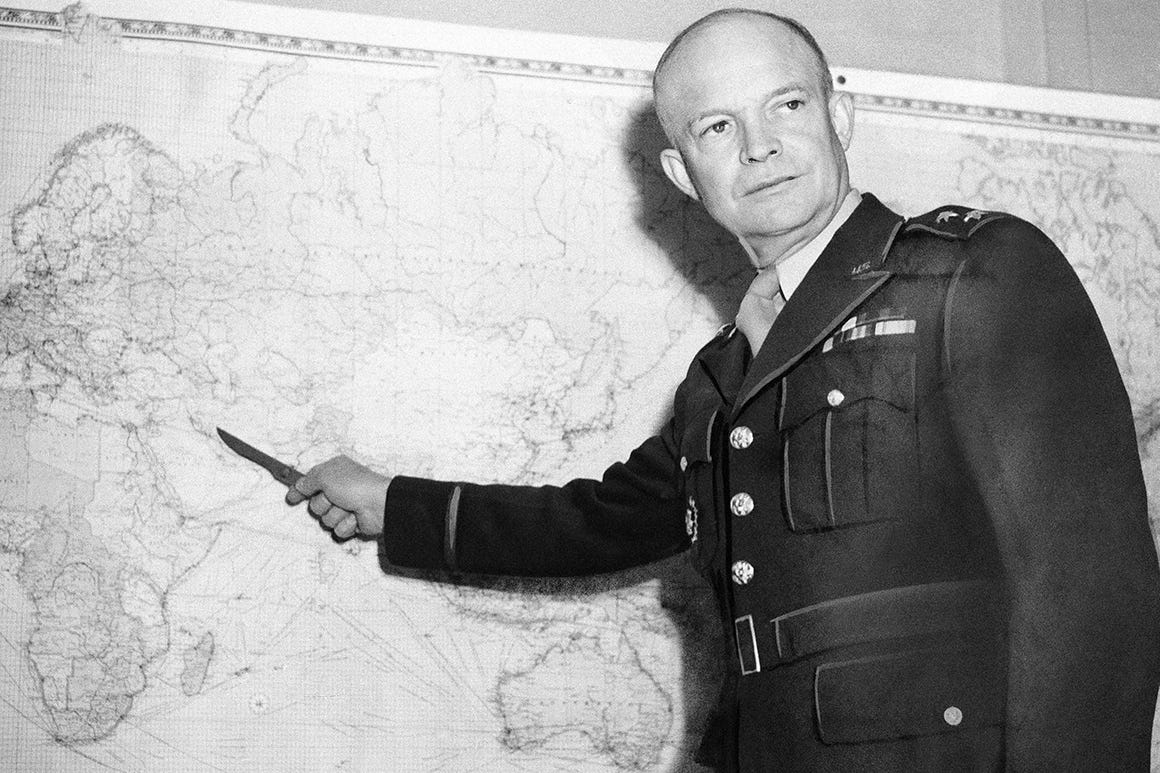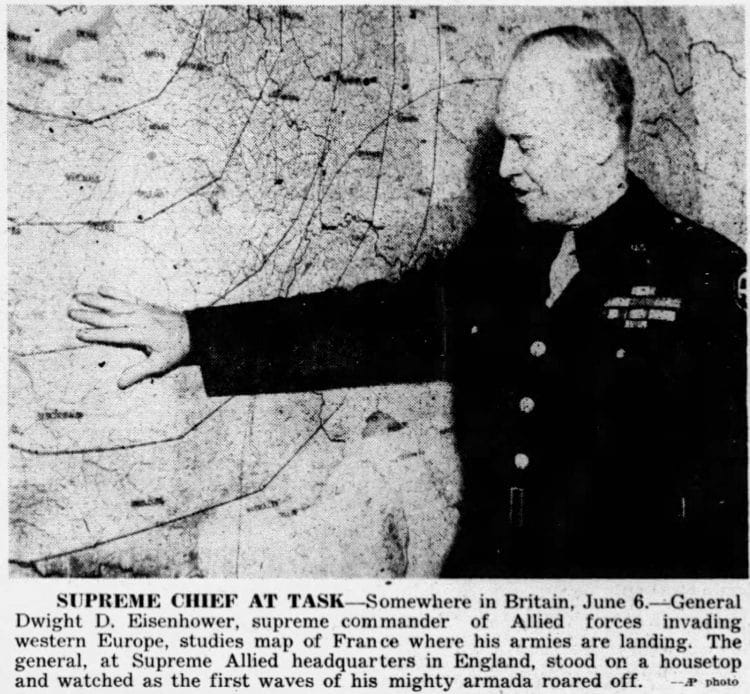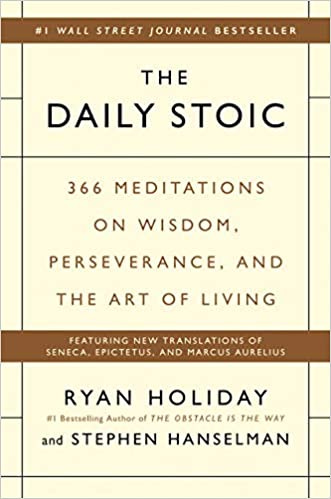Think. Like Ike
I have had several emails asking that I expand on last week’s discussion of the idea of an ‘operation’.
An operation is a series of coordinated actions with an overarching goal.
Let’s stick with the example goal I have used in the past, running a marathon. Regardless of your level of training, if you develop a SMART Goal to run a marathon it is relatively simple to lay out a plan to accomplish it.
Step 1: Find a running program that will take you from your current level to where you want to be.
Step 2: Follow the plan.
Let’s dub this: OPERATION MARATHON
The overarching goal of OPERATION MARATHON is to complete the race within the timeline established in your SMART goal.
Therefore, our training plan becomes the Main Effort.
Everything else that we do to assist in reaching our goal is a Supporting Effort.
It just so happens that building the habit of running can easily serve as what Charles Duhigg calls a ‘Keystone Habit.’
This means that if you stick with a physical habit, it is more likely to serve as the foundation for other related beneficial habits (supporting efforts.)
If you are training hard, you will be tired and tend to get more, and better sleep.
Once you start seeing results you may want to improve your nutrition to maximize performance.
Training harder than you are accustomed to builds confidence and mental toughness.
These habits all support the main effort of OPERATION MARATHON and make its successful completion more likely.
Now we just need to measure our progress.
To do that we can develop Measures of Performance (MOP) and Measures of Effectiveness (MOE)
A MOP asks, Are we doing things right?
In our example, we could use the number of days running per week, the number of miles run, and/or the average pace per mile as MOP.
A MOE asks, Are we doing the right things?
We can follow our plan, but if the plan is no good, we won’t get to our goal. Is the training plan we are following preparing us to meet our race goal? Are our supporting efforts having the desired effect? To determine this, we might schedule a half marathon midway through the training cycle as a MOE to evaluate whether we are where we need to be, or if we need to reevaluate and adjust our MOP.
We may also determine that a supporting effort is not having an impact commensurate with its cost (The ol’ juice not being worth the squeeze dilemma), or that a supporting effort is having a greater impact and needs to be prioritized.
So, Like Ike during Operation Overlord, you need to keep your eye on the operational objective while measuring the effect of each tactical action and adjusting priorities accordingly.
Read. The Daily Stoic by Ryan Holiday
I love Ryan Holiday’s books and normally tear through them in no time. But I am forcing myself to keep to one meditation per day. How very stoic of me.
Write.
A reader from Vasteras, Sweeden (yes, I have an international following) asked about measuring virtues [ God morgon Brett! ] He writes:
When it comes to character, virtue, measurability seems harder. I find some resistance in me to the notion that measurability is ALWAYS attainable. And it seems that there might be things that are still important or of value that are not measurable. The pornography standard, I'll know it when I see it, for example. It is because I believe measurability can be a luxury for certain contexts, that the virtue continuum is so useful. I do not know exactly how much respect you have, but I know it is "too much", and look here, it looks like idolatry.
I feel that using a continuum is the best method for measuring virtue. We could call it the Goldilocks test, neither too hot nor cold, too big nor little, too hard nor too soft.
This idea of seemingly subjective measurement may not sit well with those who require a 4.2 average daily honesty rating, or an 82% diligence quotient
Another option is to identify the standard by which you will measure a virtue. For example, I could decide that my standard for gratitude is to:
Write in my journal daily something I am grateful for.
Thank each person who does something for me.
Praise those who do their job well.
Leave a generous tip for good service.
Send a written thank you for all gifts.
Although it would be possible to do all of these things without actually feeling gratitude, as Aristotle said, “Virtues are formed in man by his doing the actions.” Or as Will Durant said, “We are what we repeatedly do… therefore excellence is not an act, but a habit.”
Repeat. Words of wisdom from those who said it best:
“Inch by inch, life's a cinch. Yard by yard, life's hard.” ~ John Bytheway
The hours of folly are measured by the clock; but of wisdom, no clock can measure. ~ William Blake
Never measure the height of a mountain until you have reached the top. Then you will see how low it was. ~ Dag Hammarskjold
If you can not measure it, you can not improve it. ~ Lord Kelvin
Thanks for reading. See you next Thursday!










John,
This quote makes me think of many conversations we have had "excellence is not an act, but a habit." It connected with a post Seth Godin wrote that we often prioritize events over journeys (https://seths.blog/2023/01/an-event-or-a-journey/). Great posts!
Mark